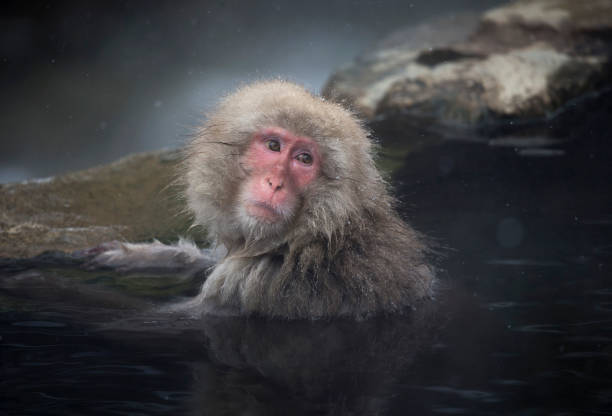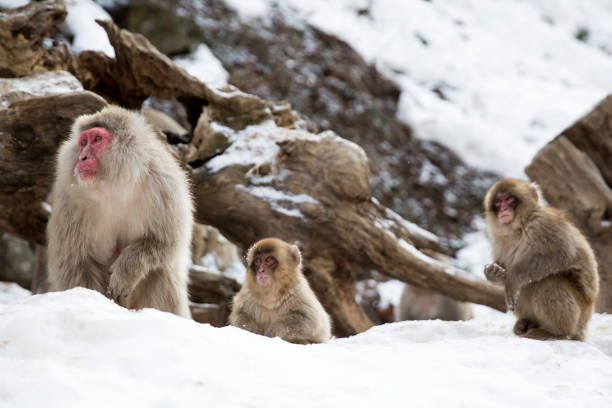Monkeys terrorise Japanese city, attacking 58 people in just three weeks
‘I have never seen anything like this my entire life’
Monkeys are on the rampage in a southwestern Japanese city, attacking at least 58 people in just three weeks.
People in Yamaguchi city have been terrorised by the violent primates, with reports alleging that Japanese macaques – also known as snow monkeys – are snatching babies, biting and clawing at flesh, and sneaking into nursery schools.
Authorities in the region are hiring a special unit to hunt the animals with tranquiliser guns after attempts to capture the monkeys with traps failed. Traps haven’t worked as the monkeys are reportedly not interested in food.
Injuries range from bites on the neck or stomach to scratches on hands and legs. No serious injuries have been reported so far.
Officials say the monkeys have often specifically targeted children or the elderly. “They are so smart, and they tend to sneak up and attack from behind, often grabbing at your legs,” Masato Saito, an official from the Yamaguchi city hall, said on Wednesday.
“Recently, we’ve heard of cases where the monkey has clung onto a person’s leg and once that person tries to get them off, they get bitten – or they’ve gotten sprung on from behind.”
“I have never seen anything like this my entire life.”
In one attack, a woman who was hanging her clothes to dry on her verandah was assaulted by a monkey.

Another victim showed bandaged toes and recalled being taken aback by how big and fat the monkeys were.
The police were successful in catching a monkey with a tranquiliser gun on Tuesday. The male monkey was 1.6ft tall and weighed 7kg.
Authorities put it to death after concluding that it was one of the attacking monkeys based on several pieces of evidence. However, the attacks continued.
Officials say that when confronted by a monkey, a person should not not look them in the eye. “Make yourself look as big as possible, such as by spreading open your coat, then back away as quietly as possible without making sudden moves,” said Mr Saito.

Japanese macaques are common across large parts of the country as a fair portion of land in the archipelago is mountains and forests even though the country is industrialised and urban.
Wildlife experts say that these monkeys have coexisted alongside humans since the Edo period, between early 1600s and 1867. Such violent attacks by monkeys are unusual in cities as the Japanese macaques are usually pictured peacefully bathing in hot springs.
While authorities are still trying to zero in on the reason for the increasing human-monkey conflict, experts say a resurgence in macaque populations and decline in their natural habitats could be a factor.
They were once on the list of vulnerable species but the population of Japanese macaques has recently increased. They are now a species of “least concern“ on the list of the International Union for Conservation of Nature.
Additional reporting by agencies
Join our commenting forum
Join thought-provoking conversations, follow other Independent readers and see their replies
Comments
Bookmark popover
Removed from bookmarks